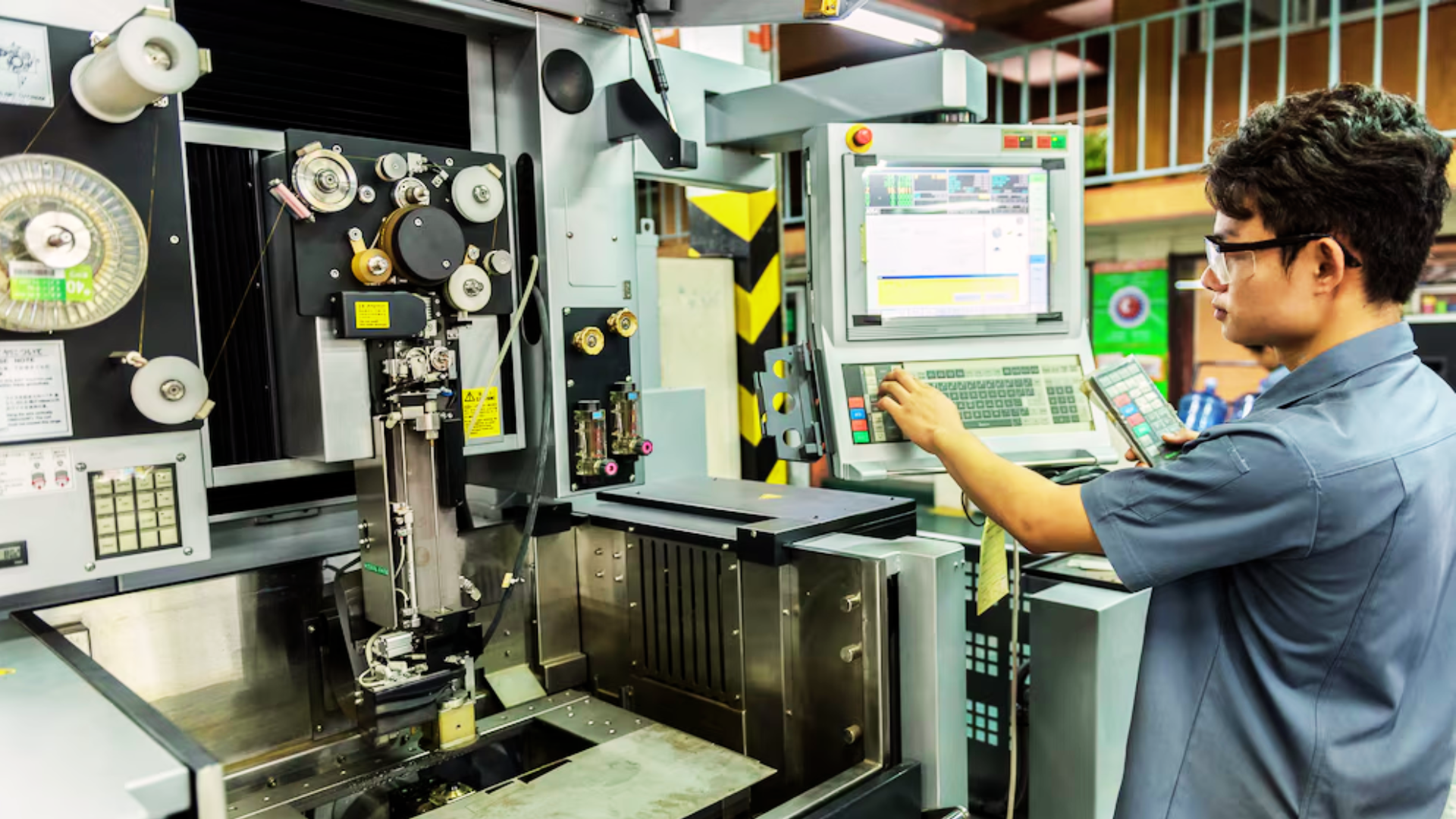Access to finance is one of the biggest hurdles faced by small and medium-sized enterprises (SMEs) in India today. If you are looking to launch a new business or just trying to keep up with a growing order book, capital is often needed before revenue catches up. But not every business owner has property or assets to offer as security, and that’s where unsecured business loans can be helpful.
An unsecured business loan in India allows you to borrow money without pledging any collateral. These loans are typically granted based on your creditworthiness, business health, business turnover, and repayment history. Over the years, the rise of fintech and Non-Banking Financial Companies (NBFCs) offering unsecured business loans has made these products much more accessible, especially for small businesses that may not meet traditional bank requirements.
But like every financial tool, unsecured business loans come with their own set of trade-offs. So, before jumping in, it’s essential to weigh the pros and cons of unsecured business loans carefully.
Benefits of Unsecured Business Loans
Unsecured business loans have become a go-to choice for many Indian entrepreneurs looking to fuel growth without pledging assets. Let’s look at the tangible benefits of this funding route:
- No collateral required – The standout advantage is right there in the term “unsecured”. You don’t need to mortgage property, machinery, or stock. This makes these loans particularly accessible for startups, solo entrepreneurs, and service-based businesses that operate without large tangible assets. It also spares borrowers the financial risk tied to asset-backed borrowing.
- Faster approval and disbursal – With no need to appraise or verify collateral, lenders can process applications much quicker. Many NBFCs now offer fast, unsecured business loans that get disbursed within 24 hours. This speed can be critical for businesses responding to sudden market demand, a last-minute bulk order, an immediate business credit requirement, or a limited-time vendor discount.
- Fewer documentation requirements – Because the loan is evaluated purely on your business’s financials and credit health, the terms and conditions, business loan eligibility, and the paperwork burden are much lighter. Most lenders will only need your KYC details, six to twelve months of bank statements, GST filings, a good credit check, and basic financials.
- Flexible usage of funds – The best part? There are usually no end-use restrictions. Whether you need working capital, want to upgrade a storefront, hire temporary staff for a seasonal push, or invest in digital marketing, the funds are yours to use. This level of flexibility is especially helpful for businesses that have diverse or changing capital needs.
- Shorter tenures suit short-term goals – Most unsecured loans come with repayment periods ranging from 12 to 24 months. That’s ideal for short-term objectives, such as a product launch, stock purchase before Diwali, or covering a tax outflow. The quicker turnaround helps businesses avoid long-term debt baggage while still achieving immediate goals.
- Widely accessible through NBFCs – Offering unsecured business loans, NBFCs have made funding far more inclusive. They typically understand regional markets better, process applications faster, and are willing to work with thinner credit profiles. This makes them a solid alternative to traditional banks, especially for SMEs and informal businesses.
Cons of Unsecured Business Loans
While unsecured loans offer speed and simplicity, they aren’t perfect for every scenario. It’s important to weigh the risks alongside the benefits before the loan application to avoid financial strain down the road. Here’s what you should be aware of:
- Higher interest rates – With no collateral to fall back on, lenders take on more risk and, therefore, price their loans accordingly. You can expect these business loan interest rates to be higher than those for secured loans. While the speed is appealing, the long-term cost could affect your margins if you’re not careful.
- Lower loan amounts – Unsecured loans are usually better suited for smaller funding needs. Lenders tend to offer between Rs. 5 to 30 lakhs, depending on your turnover, credit score, and past repayment history. If your business needs a large-scale investment, this loan type might not work.
- Stricter credit checks – In this type of business loan without collateral, your creditworthiness becomes the primary evaluation factor. If your credit history has been patchy due to delayed EMIs, cheque bounces, or tax defaults, the lender may either reject your application or approve it at a much higher rate. Even minor discrepancies can influence loan approval outcomes.
- Potential for debt trap – The easy availability of unsecured loans can sometimes encourage borrowing beyond sustainable limits. Some entrepreneurs end up using one loan to repay another or juggle multiple small loans (it is easy to default on the loan when dealing with multiple loans). Without a clear strategy to repay the loan, this pattern can spiral into a cycle of over-leveraging and financial stress.
When to Get a Collateral-Free Business Loan
Unsecured business loans aren’t for every situation, but in the right context, they can be the most efficient, low-hassle type of loan or financing option. Timing and use matter. Here are some common, practical scenarios where opting for an unsecured business loan makes solid financial sense:
- You need fast funds: Sometimes, speed trumps everything else. If your business gets a surprise bulk order or you come across a limited-period supplier discount, waiting weeks for a secured loan might mean missing the opportunity altogether. Quick, unsecured business loans, often processed as fast as 24 hours, offer a quick solution when timing is key.
- You have a strong credit profile: If your business has a stable income, a healthy turnover, and a clean credit history, you’re in a good position to leverage unsecured financing. A high credit score reduces the risk for lenders, which means you’re more likely to get a better interest rate and favourable repayment terms, all without collateral.
- You’re expanding lightly: Not every business expansion calls for crores in investment. If you’re launching a new branch, upgrading to a digital POS system, boosting your online presence, or hiring a few new employees, an unsecured loan can offer just the right amount of working capital without tying up your valuable assets.
- You don’t want to risk assets: In many cases, the property or machinery a business owns is fundamental to its daily operations. Pledging such assets can be risky, especially if you’re unsure about long-term income flow. Unsecured loans allow you to tap into external funds while keeping your critical infrastructure untouched.
- You’re testing a new strategy: Perhaps you’re piloting a seasonal product line, entering a new market, or running an experimental ad campaign. For these types of low-to-moderate investment needs where outcomes aren’t entirely predictable, unsecured loans provide flexibility without long-term risk or asset lock-in.
Get an Unsecured Business Loan
The advantages of unsecured business loans are clear: quick access, flexible use, and zero collateral. But they’re not ideal for every scenario. You need to consider interest costs, repayment pressure, and your own financial discipline.
If your business needs urgent working capital and you have a strong repayment capacity, unsecured loans can be a valuable tool. And thanks to evolving offerings from NBFCs like Electronica Finance Limited, applying for an unsecured business loan in India is easier than ever.
You can get started right now with the EFL Clik App and explore tailored options for your business.
FAQs
Which business loan types do not require collateral?
Unsecured business loans, working capital loans, line of credit facilities, and certain government startup loans do not require collateral.
What can you do if you are denied an unsecured business loan?
If your application for an unsecured business loan is turned down, start by checking your credit report for errors or inconsistencies. Strengthen your credit profile and reduce outstanding debts. You can also approach NBFCs for a better chance of approval.
What are the risks of unsecured business loans?
The primary risks of unsecured business loans are higher interest costs, shorter tenures, and the temptation to borrow repeatedly. If not planned properly, these loans can put pressure on your monthly cash flow and lead to repayment issues.
Are unsecured loans a good idea?
Unsecured business loans can be a good route to take, provided you understand your repayment capacity and the total cost of borrowing. For time-sensitive, low-to-medium ticket needs, they offer unmatched speed and convenience.




